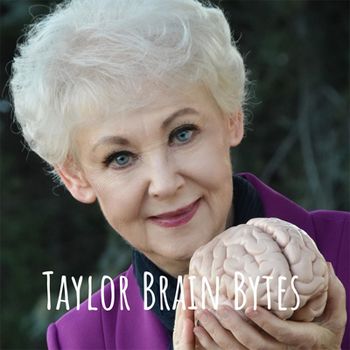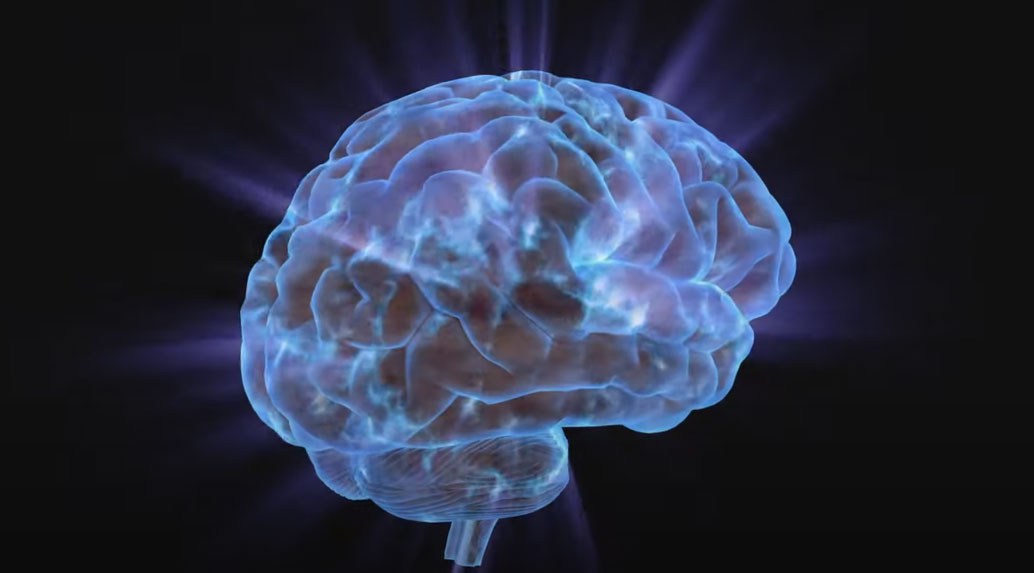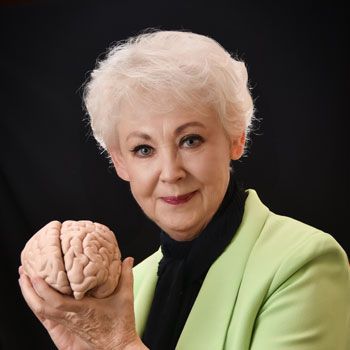Children and Loss
Q. How will loss affect my children?
A. Loss will affect them. Make no mistake about that. No doubt the effects will be as individual as the children who are involve. As an adult, you can be alert to changes in their behavior. This can give you some clues about ways in which you can help them. Human behaviors does tend to change temporarily in the face of loss. Some behaviors you might observe in children include:
- Change from being quiet, caring, and thoughtful to loud, noisy, and aggressive. Or moving from being gregarious and talkative, to shy and afraid. Some move from being rather conservative to taking unacceptable risks as if they believe there's no future ahead of them, so playing it safe doesn't matter anymore.
- Change from a consistent sleep pattern to having nightmares, bad dreams, or even walk in their sleep. They may even express fears about where they will live, what they will wear, what they will eat, and so on.
- Change from being somewhat self-sufficient to becoming frantic when care providers are out of their sight. They may balk at going to school or childcare even though they have enjoyed those activities in the past. They may act as if they no longer trust their caregivers since, after all, the adults weren't able to prevent the loss.
- Change from becoming fairly easy going to being easily upset. Crying or whining may escalate. They may even revert to more infantile behaviors such as bed wetting, thumb sucking, or demanding the constant reassurance of holding a favorite blanket or toy. Some may even develop symptoms of illness such as vomiting, diarrhea, fever, or headache. Some may rehearse their fears that the event or situation will reoccur.




